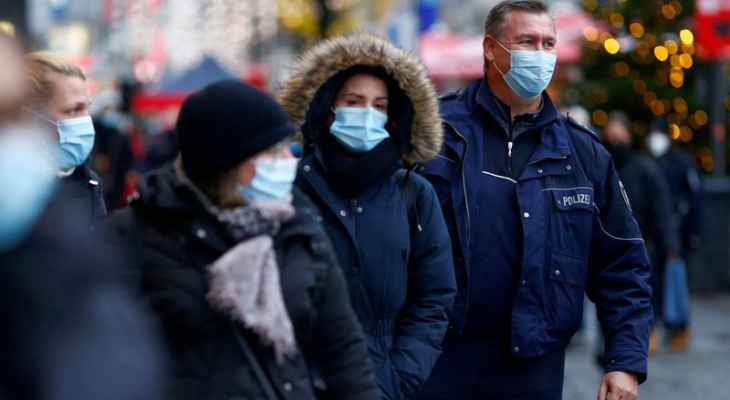European countries are considering reinstating restrictions to deal with the emerging corona virus after a sudden rise in infections and deaths, according to a Guardian newspaper report.
The rate of infections and deaths from Covid-19 in Portugal due to the highly pathogenic mutant micromicron subvariable “BA.5” has increased despite warm weather.
This trend contrasts with the epidemic situation in France, Germany, Great Britain and Spain, neighboring Portugal, where the number of cases has decreased over the past two months.
Enrique Oliveira, a mathematician at the University of Lisbon Epidemiological Surveillance Working Group, told the Lusa news agency that the infection rate indicates that hospitalizations in wards and intensive care units will remain high until the end of June.
Portugal confirmed 26,848 new cases and recorded 47 deaths from Covid-19, Wednesday the highest daily death toll since February 17, when 51 deaths from the epidemic were reported.
According to data released by Portugal’s health ministry, 1,455 people have died from Covid as the country entered its sixth wave of the epidemic in April and May last year.
Portugal’s Institute of Public Health said on Tuesday that Omicron’s “BA.5” sub-variant accounts for nearly 90 percent of new COVID-19 infections. The subvariable “BA.4” was also found in Portugal.
In April, the government lifted most of the COVID-related restrictions, including the mandatory wearing of masks in most enclosed public places. According to Reuters, the government said it had no plans to reapply the measures.
“Deaths from all causes are higher than the figures expected for this time of year,” says the latest report from the Ministry of Health and the Ricardo Jorge Institute, which notes “an increase in specific Covid deaths.”
In Germany, the subspecies omicron BA.5 began to spread, although at a lower level than in Portugal.
According to a weekly newsletter produced by the German Agency for Infectious Disease Control (Robert Koch Institute), the number of infections caused by the “BA.5” omicron variant doubled from 0.2 percent of cases at the end of April to 5.2 percent by May 22.
The heads of Germany’s 16 states met on Thursday to discuss measures that could be taken later this year to deal with a sudden surge in cases that they say would rule out large-scale school and daycare closures.
Source: El Nashra
